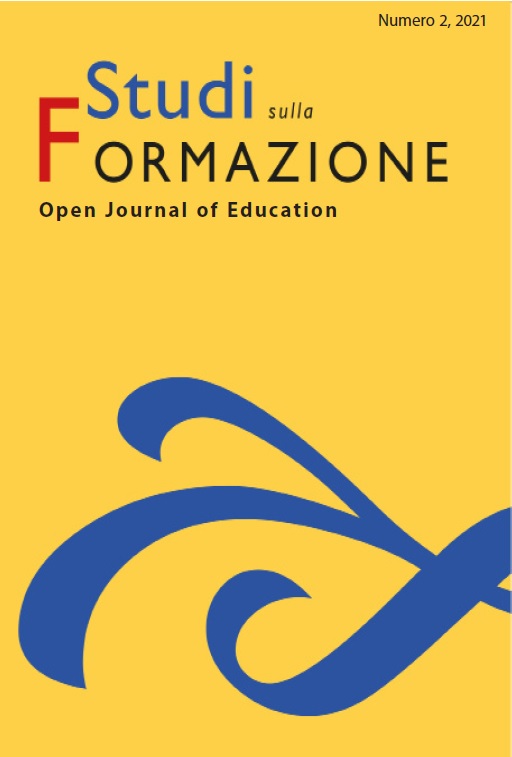Published 2021-12-31
Keywords
- Incompleteness,
- Undecidability,
- Epistemology of complex systems,
- Paradox,
- Contradiction
- Dialogical thought ...More
How to Cite
Abstract
The present work is devoted to the reflections that Edgar Morin made on limitative theorems in logic, and in particular on Gödel’s incompleteness theorems and Tarski’s undefinability theorem. Following Morin, these results have a deep impact over the theory of knowledge, and establish three fundamental principles for the epistemology of complexity: first, every rational knowledge is necessarily limited and incomplete; second, such incompleteness is connected with the openness of every knowledge and with the possibility of learning and change; third, the complementarity of incompleteness and openness made unavoidable the acceptance of a dialogical way of thinking, in which the knowledge of every complex phenomenon should assume the inseparability of contradictory notions.


